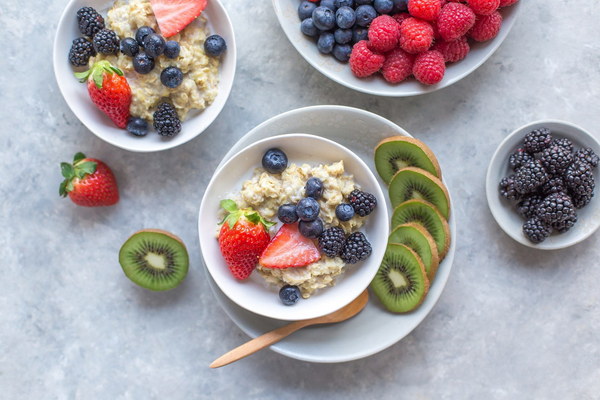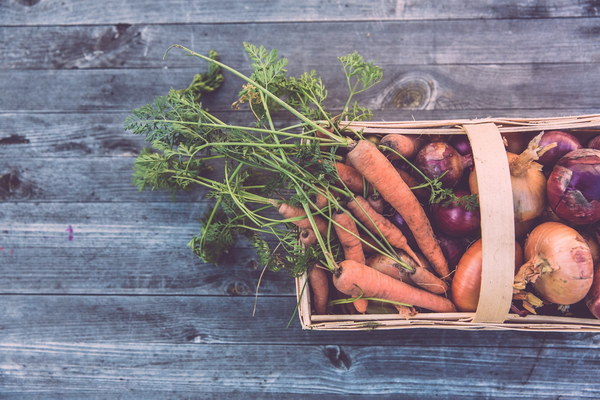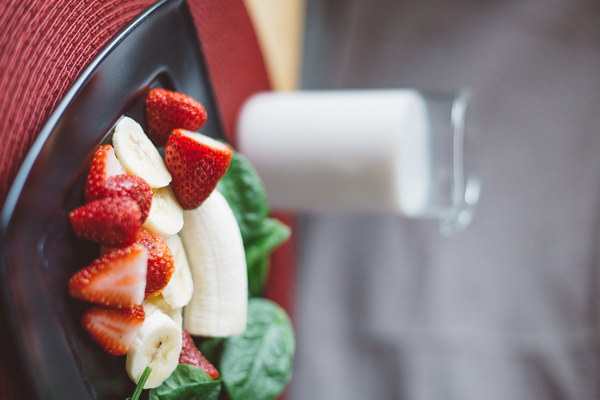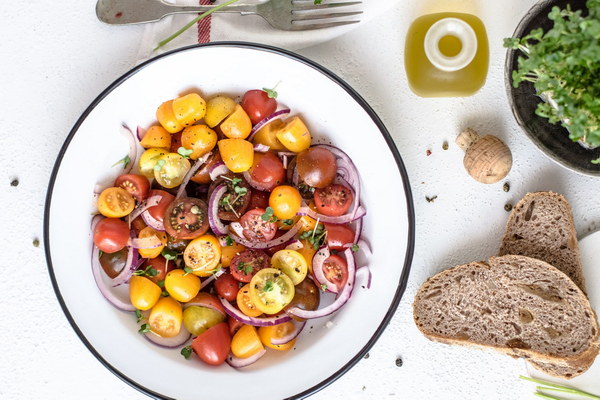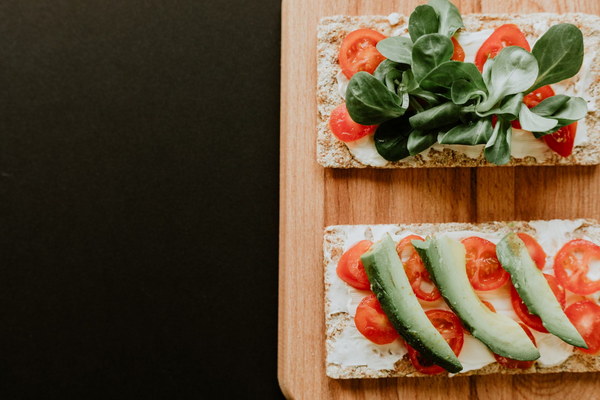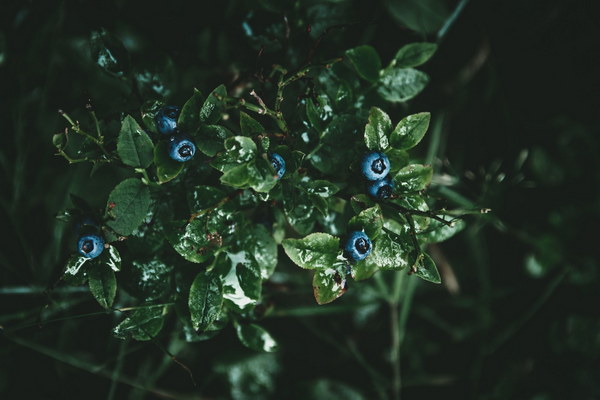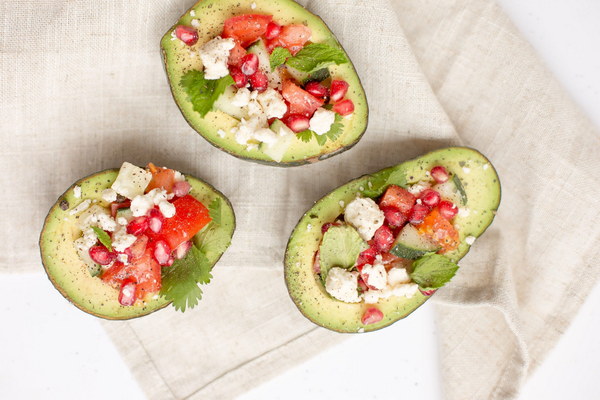The Ultimate Showdown Is Moisture-Wicking Tea Better Than Moisture-Wicking Soup
In the realm of traditional Chinese medicine, the battle between moisture-wicking tea and moisture-wicking soup has been ongoing for centuries. Both are believed to help alleviate dampness in the body, but which one is truly better? Let's delve into the characteristics and benefits of both to determine the winner in this ultimate showdown.
First, let's discuss moisture-wicking tea. This type of tea is typically made from natural herbs that are believed to have diuretic properties, helping to eliminate excess moisture from the body. Common ingredients include Poria, Astragalus, and Licorice root. These herbs are said to boost the immune system, improve digestion, and promote overall health.

One of the advantages of moisture-wicking tea is its convenience. You can simply steep the tea bags in hot water, allowing the herbs to release their beneficial properties. It's perfect for those who are always on the go and need a quick, natural solution to dampness.
Moreover, moisture-wicking tea is known for its soothing aroma and pleasant taste. Many people enjoy drinking it as a warm beverage, especially during the cold and damp seasons. Additionally, it can be a great alternative to traditional tea or coffee, especially for those who are sensitive to caffeine.
On the other hand, let's take a look at moisture-wicking soup. This method involves simmering a blend of herbs and ingredients in water to create a nourishing broth. Ingredients commonly used include Poria, Astragalus, Codonopsis, and ginger. The warm, savory broth is believed to help improve digestion, boost the immune system, and eliminate dampness in the body.
One of the primary benefits of moisture-wicking soup is its ability to provide a more potent concentration of beneficial herbs. Since the ingredients are simmered for an extended period, the nutrients are extracted more effectively, resulting in a more potent brew. This can be particularly beneficial for those who have more severe dampness or require a stronger treatment.
Furthermore, moisture-wicking soup is often more palatable for individuals who are not fans of herbal tea. The savory taste and comforting warmth of the broth can make it a more enjoyable experience. It is also a great option for those who prefer a more hearty meal or are looking to incorporate more herbs into their diet.
Now, let's weigh the advantages and disadvantages of both moisture-wicking tea and moisture-wicking soup to determine the winner in this showdown.
1. Convenience: Moisture-wicking tea has the edge in this category, as it is much easier to prepare and consume on the go. While moisture-wicking soup requires more time and effort to prepare, it can be a delightful addition to a meal or used as a base for other dishes.
2. Potency: Moisture-wicking soup is the clear winner here. The longer simmering process results in a more potent concentration of beneficial herbs, making it more effective for those with severe dampness.
3. Taste: Moisture-wicking tea has a more pleasant taste and aroma, making it more enjoyable for many people. However, the savory taste of moisture-wicking soup can be more appealing for those who prefer a hearty broth.
4. Versatility: Both moisture-wicking tea and soup offer versatility in their uses. Tea can be consumed throughout the day, while soup can be enjoyed as a meal or as a comforting beverage.
In conclusion, the winner of this ultimate showdown between moisture-wicking tea and moisture-wicking soup depends on individual preferences and needs. If convenience and taste are your top priorities, moisture-wicking tea is the way to go. However, if you require a more potent treatment and enjoy a hearty broth, moisture-wicking soup is the better choice. Ultimately, both options have their merits, and it's up to you to decide which one suits your lifestyle and health goals.

